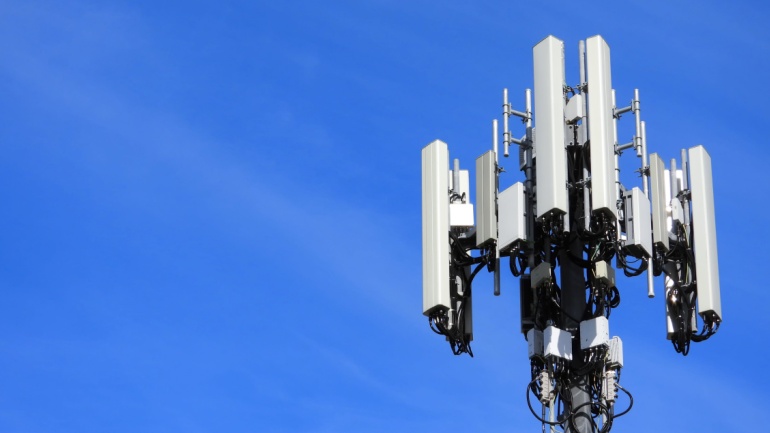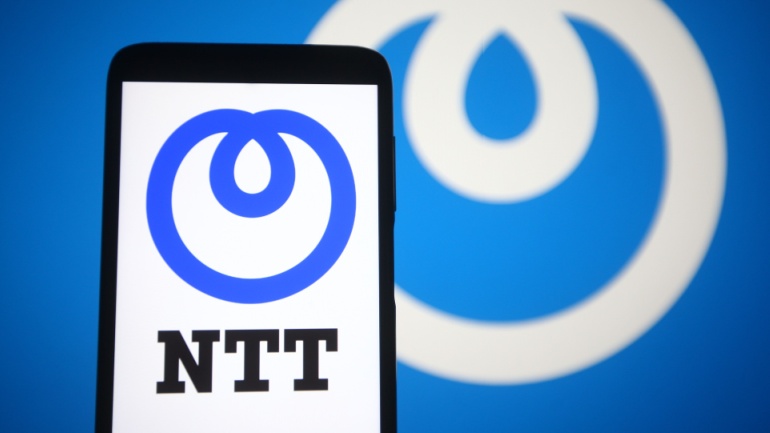The United Kingdom is set to enhance its semiconductor research capabilities significantly, following the government’s decision to join forces with the European Union’s Chips Joint Undertaking (JU). This collaboration marks a pivotal step in the UK’s efforts to strengthen its position in the global semiconductor arena, promising to inject new energy into its research and innovation sectors.
Arelion and Telxius are collaborating to provide fully diverse, multi-terabit connectivity into Telxius’ landing stations in Boca Raton and Jacksonville, Florida. This fiber network expansion establishes Arelion Points-of-Presence (PoPs) at each Telxius landing station. For Telxius, it empowers customers with resilient Tier-1 optical transport and high-speed access to Arelion’s North American network. Together, Arelion and Telxius are making a significant investment in the Florida Peninsula to connect Latin American customers to North America through submarine and terrestrial systems.
Mobile Experts released a report on the growth of Private LTE and 5G in sectors like offices and schools. EnGenius launches the EOC655 series for outdoor connectivity, designed for smart cities and public safety. UK Altnets have urged the government for harsh penalties against fibre infrastructure vandalism. Klika Tech won the 2024 IoT Global Awards in the “Smart Cities, Government & Utilities” category.
Injecting fresh vigor into the national establishment for data science and AI, UK’s Chancellor commits £100 million in funding to The Alan Turing Institute. This allocation, targeting environment, health, defence, and national security, underlines UK’s ambitious stride towards global AI leadership.
LogRhythm, the company helping security teams stop breaches by turning disconnected data and signals into trustworthy insights, has announced the appointment of Joanne Wong as Interim Chief Marketing Officer. Wong brings a wealth of experience to her new role, proven over 9 years of driving successful marketing initiatives at LogRhythm.
In a significant advancement for enterprise voice security, Mutare Inc., has partnered with NICE to integrate its pioneering Voice Traffic Filter into the NICE CXexchange. This collaboration marks a pivotal moment for both companies, offering NICE users an enhanced level of customer experience (CX) through advanced AI capabilities.
Viavi Solutions, a leading technology firm, has extended an ambitious £1 billion acquisition deal to Spirent Communications. The anticipated merger could unlock enhanced capabilities across artificial intelligence, machine learning, security, and cloud-native architecture.
In a significant development for Romania’s telecommunication landscape, Huawei, the Chinese equipment manufacturer, has faced a major setback. The Romanian government has formally declined Huawei’s request to deploy its technology within the nation’s 5G networks. This decision, disclosed through the Romanian government gazette without an official press statement, effectively bars Huawei from any future participation in the Romanian mobile network market.
Manx Telecom’s strategic partnership with Aqua Comms promises to bolster the Isle of Man’s telecommunications infrastructure by introducing secured subsea fibre accessibility. The move aims to meet growing digital demands, enhancing the island’s connectivity in terms of security, capacity and resilience. This expansion also future-proofs the needs of data centre users and fibre broadband consumers by catering to emerging technologies.
Japan’s largest telecom provider, NTT, might get a break from longstanding regulations that have created competitive boundaries since its partial privatization back in the 1980s. But will this veer the industry off the road to a fair market environment? The proposed changes face major resistance, with critics highlighting the impact on national interests and the security of Japan’s telecom infrastructure.













